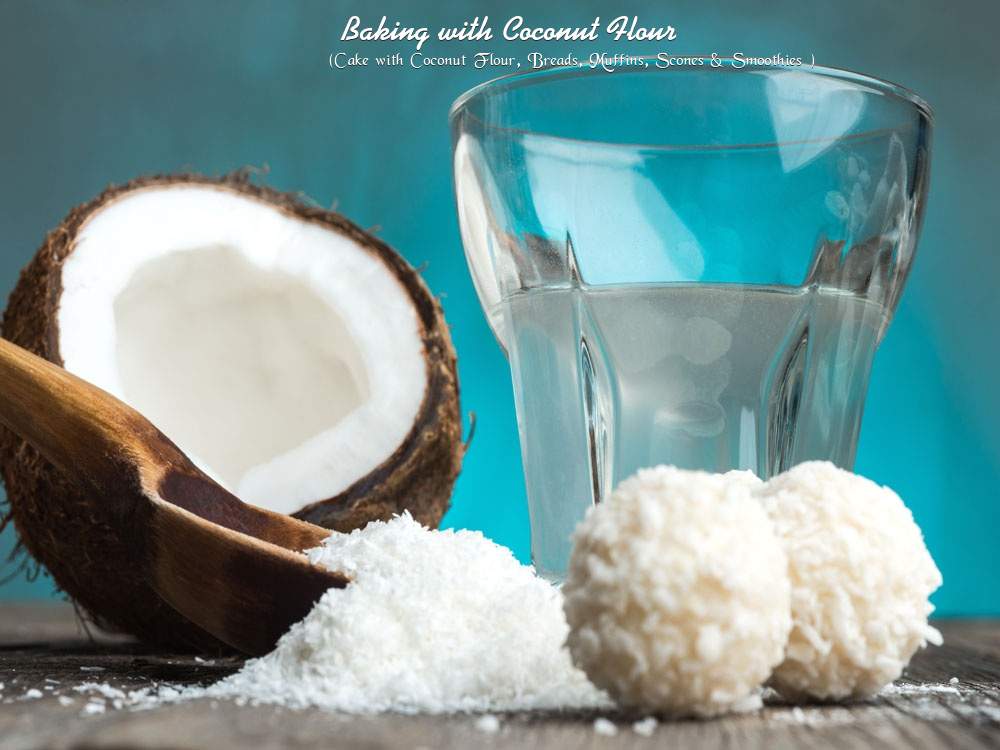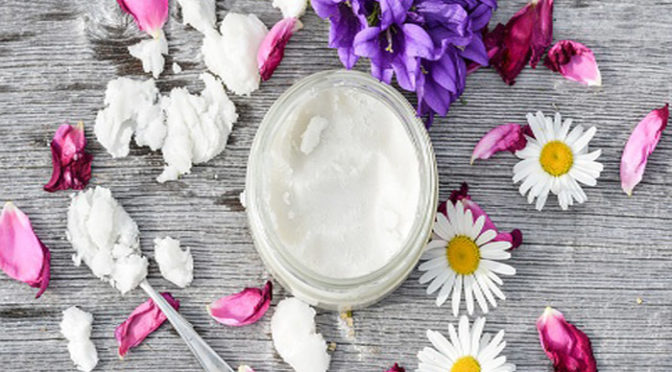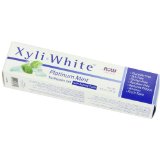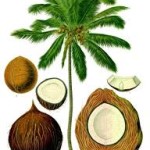6ntroduction: What to Look for While Shopping Online 
Be forewarned that not all Coconut oils are the same. You should get educated as to the different manufacturing processes, so that you can select the type of coconut oil that is right for your purpose. For instance, if you are health conscious and want to make improvements to your diet - such as baking with more healthful oils, then you'd probably be interested in virgin coconut oil. Either that or organic coconut oil.
You can check out various stores online, but always be sure to check the “expiration date” – this is due to the fact that the oil expires after 2 years. Sometimes, this may be the reason a product is on special. So ..before you go buying, be advised to check that date.
Let’s say you’re shopping for coconut oil for use on your skin or hair, or perhaps to make your own toothpaste – (kid-approved btw), then does the manufacturing process matter? If you’re only searching for the natural ingredients so you can make it yourself, it doesn’t matter. But let’s take the case of a search done for, say, children’s toothpaste. Then you want to make sure of the ingredients, plus verify the process to manufacture them. Or at the very least, find positive reviews of the product –
https://tamararubin.com/2017/03/saferchoices-toothpastes-i-use-in-my-home-with-my-family/
You’d be amazed how drop-dead simple it is to make up a safe toothpaste for your child – ingredients are:
- 2 tsp Natural Liquid Soap (try unscented Dr. Bronner’s or similar)
- 4 Tb Coconut Oil
- 1 Tb Water
- 2 Tb Xylitol (optional)
- 1/2 tsp Stevia powder
- 10-20 drops Peppermint Essential Oil
- 5-10 drops Spearmint or Sweet Orange Essential Oil
So you see, it may be easier to make your own than to research what the manufacturing process is. Suit yourself. If you’ll bookmark a lot of the articles and posts at Dr Mercola’s site, you’ll have a good start. Nonetheless, if you’d like to read about the rules in place for manufacturing organic coconut oil, go HERE.
And if you go to this page, you can download the pdf on the Asian community guidelines for producing virgin coconut oil . **Note that it should be the first google result on the page (Pdf at the top).
Here you can read of the Asian & Pacific Coconut community, which produces more than 90 percent of the world’s coconut exports.
FACT: Did you know that coconut oil is the only oil that, when applied to hair, reduces PROTEIN LOSS for both damaged and undamaged hair?
It’s true – Read this article for further proof.
*NOTE: When applied as a pre-wash conditioner, it inhibits water from penetrating the surface of your hair. Due to its tendency to ‘repel water’, it acts as a line of defense for your hair.. thus in the summertime, it’s a good thing to apply prior to heading to the beach – because it will LIMIT your hair’s breakage and splitting!
Become informed and know what you are purchasing. If you are concerned about your health, you can make one intelligent move – to use healthier oils in your diet. Oils such as grapeseed oil, walnut oil, avocado oil, and organic coconut oil can do right by you. For example, drizzling a little walnut oil on your salad is healthful. And substituting either organic coconut oil or virgin olive oil in your baking (& when you fry or saute) can be very advantageous.
Here is a helpful site that’ll tell you more useful info:
1. Kris Gunnars’ Advice on Olive Oil
2. Kris Gunnars’ Take on Healthful Benefits of Coconut Oil
Coconut oil was initially mislabeled as a “bad fat”; however, for the last 10 years it has been known to have nutritive properties – it is good for your heart, your skin and complexion, and can be used to make wonderful (more nutritious) recipes.
Health food stores employees can often answer some questions on coconut oil – so if you’d prefer to visit in person with an expert, you might try out this option. Do read the labels before deciding what you’ll purchase. If you don’t care for the scent of coconuts, you’ll need to select one that has “odorless” listed on its label.
In the end, you may have to spend a good little while perusing the aisles and reading the “fine print”. It’s worth it, since you have to start somewhere in your education process. You may become so enthused that you even decide you’ll enroll in a summer class on herbs and plants.  Maybe you’ll even learn to make your own curative teas!
Maybe you’ll even learn to make your own curative teas!
Who knows where this could lead? That’s the fun !
Final Tip: If you’re fine with the scent of coconut then choose virgin or organic coconut oil.
Related Resources: How to Make Your Own Natural Sunscreen Homemade Toothpaste
References: Dr Mercola website
Copyright CoconutBaking.com



